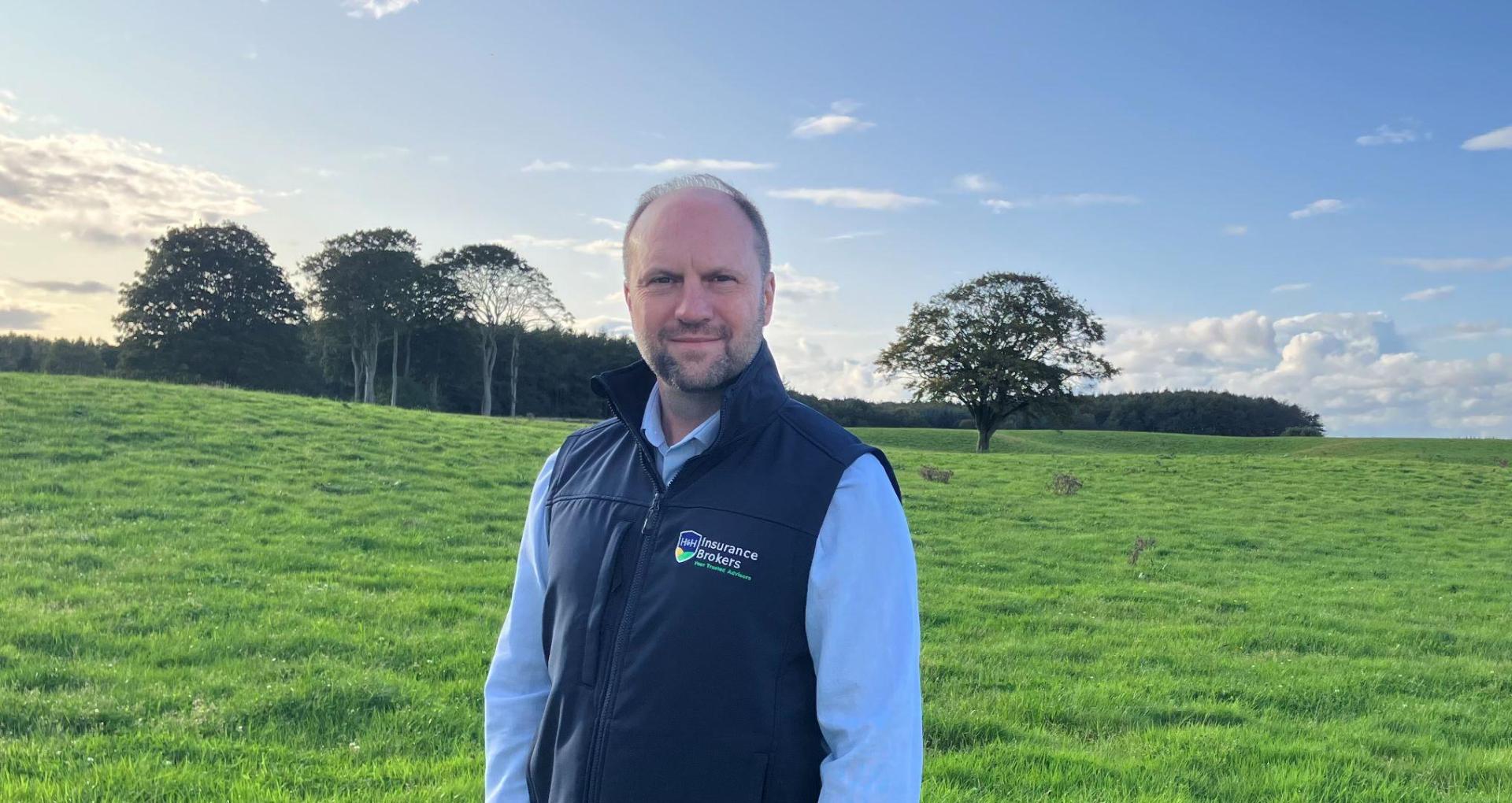David Murchie, Head of Agriculture here at H&H Insurance Brokers, on five ways to prevent accidents, incidents - and insurance claims - on your farm this summer:
Fire Risks
High temperatures and harvesting can occasionally prove a recipe for disaster. Dry, hot conditions, moving machinery, chaff and dust make a potentially dangerous combustible combination for machinery such as combine harvesters. As well as the obvious danger to life and limb, the damage caused to a costly piece of equipment at a time when you need it the most and to the crop which it is harvesting can be devastating.
By making sure that all machinery is thoroughly cleaned after use and serviced regularly, you can help prevent these types of incidents.
Many combines are now fitted with on-board fire suppression systems. If not, carry an appropriately sized fire extinguisher, but only use it if you are confident and capable and never when it may put your own life at risk or cause injury. Keep your mobile phone with you at all times in case of an emergency.
If a baler catches fire, then try to unhitch it from the tractor, but only if it is safe to do so, as this can prevent a fire spreading from the baler to the tractor.
With temperatures topping 40C in some parts of the UK last summer, some farmers made the decision to harvest after 6pm when the temperature had cooled and the fire risk was less, and continue through the night until the next morning before the temperature rose again.
2. Casual Labour
During the busy summer months, farmers often need extra help to manage the workload, especially during silage and harvest times. If anyone works on the farm under your instruction, whether that’s employees or unpaid volunteers including friends, then it needs to be included on your farm policy. Employers’ liability insurance is a legal requirement which must be included on your policy to protect both you and your business. Check your farm policy to see if you’re covered for casual labour and if not, then make sure it’s added.
3. Weather Ready
The great tradition of British summer time means we can bask in glorious sunshine at 10am only to be drenched by a torrential downpour an hour later.
Heavy rain falling on dry, parched land after a period of drought can sometimes lead to flash floods which can affect livestock, crops, buildings and vehicles. Make sure that you are covered for any weather events which could have a detrimental impact on your business, from flash floods to lightning strikes - and any other foreseeable weather-related threats to your business.
4. Be farm safe
While summer is undoubtedly one of the busiest times of the year for farmers as they race against time and weather, it’s also peak season for tourists and children who are making the most of the summer holidays. With harvesting machinery and equipment now bigger and more powerful than ever before, it’s especially important to take care on roads, in fields and farmyards in order to avoid any potential accidents.
Remember that if you have a footpath or bridleway on your land, then it’s your responsibility to ensure that the route is visible and not obstructed, as well as looking after the upkeep of any gates or stiles. Keeping rights of way well-maintained will mean walkers are more likely to stick to the official route and not stray onto your land.
5. Hot weather and livestock
Prolonged hot weather can have a negative impact on livestock who may struggle to cope with the high temperatures. During the hot weather last summer, some farmers brought cattle indoors and kept them in well-ventilated sheds to protect them from the heat. Others milked dairy cows later in the day when it was cooler. By making sure all livestock had access to plenty of water, and avoiding transporting animals if at all possible during a heatwave, they were able to protect them from developing debilitating heat stress.
